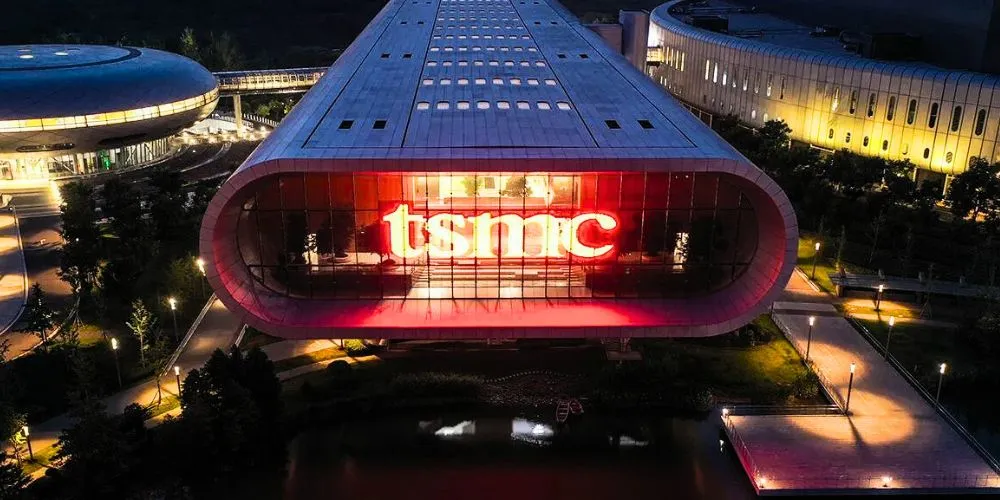Key Points
- Taiwan has officially added Chinese tech firms Huawei and SMIC to its trade blacklist.
- Taiwanese companies now need a special government permit to export high-tech goods to these firms.
- The move aligns Taiwan’s official policy with U.S. restrictions against the two Chinese companies.
- The new rule aims to tighten enforcement after TSMC was found to have made advanced chips for a Huawei AI product.
Taiwan has officially added Chinese tech giants Huawei and Semiconductor Manufacturing International Corporation (SMIC) to its trade blacklist. This major step aligns the island more closely with U.S. policy. The move is set against a backdrop of rising military and political tensions with Beijing.
The two Chinese chip firms, along with many of their international subsidiaries, were placed on Taiwan’s “Strategic High-Tech Commodities Entity List.” This means any Taiwanese company, including the world’s leading chipmaker TSMC, will now need to get a special government license before shipping advanced technology to them. The government cited national security concerns and its involvement in arms-related activities as the reason for the decision.
This isn’t just a symbolic gesture. While Taiwanese firms like TSMC already follow U.S. export rules, this new domestic regulation tightens existing loopholes. It raises the stakes for any company caught breaking the rules.
The decision comes after TSMC landed in hot water last year. A research firm discovered a sophisticated TSMC-made chip inside a new Huawei AI product, despite U.S. restrictions designed to prevent this. That discovery led to a U.S. investigation and reports that TSMC could face a massive $1 billion fine. Experts believe Huawei had been using loopholes to acquire millions of these advanced chip components from TSMC for its AI ambitions.
This trade crackdown is happening at a very tense time. China, which considers Taiwan its territory, has recently conducted large-scale military drills off the island’s coast. The U.S. has reaffirmed its support for Taiwan, and this new trade restriction indicates that Taiwan is taking a firmer stance in the global tech war.



